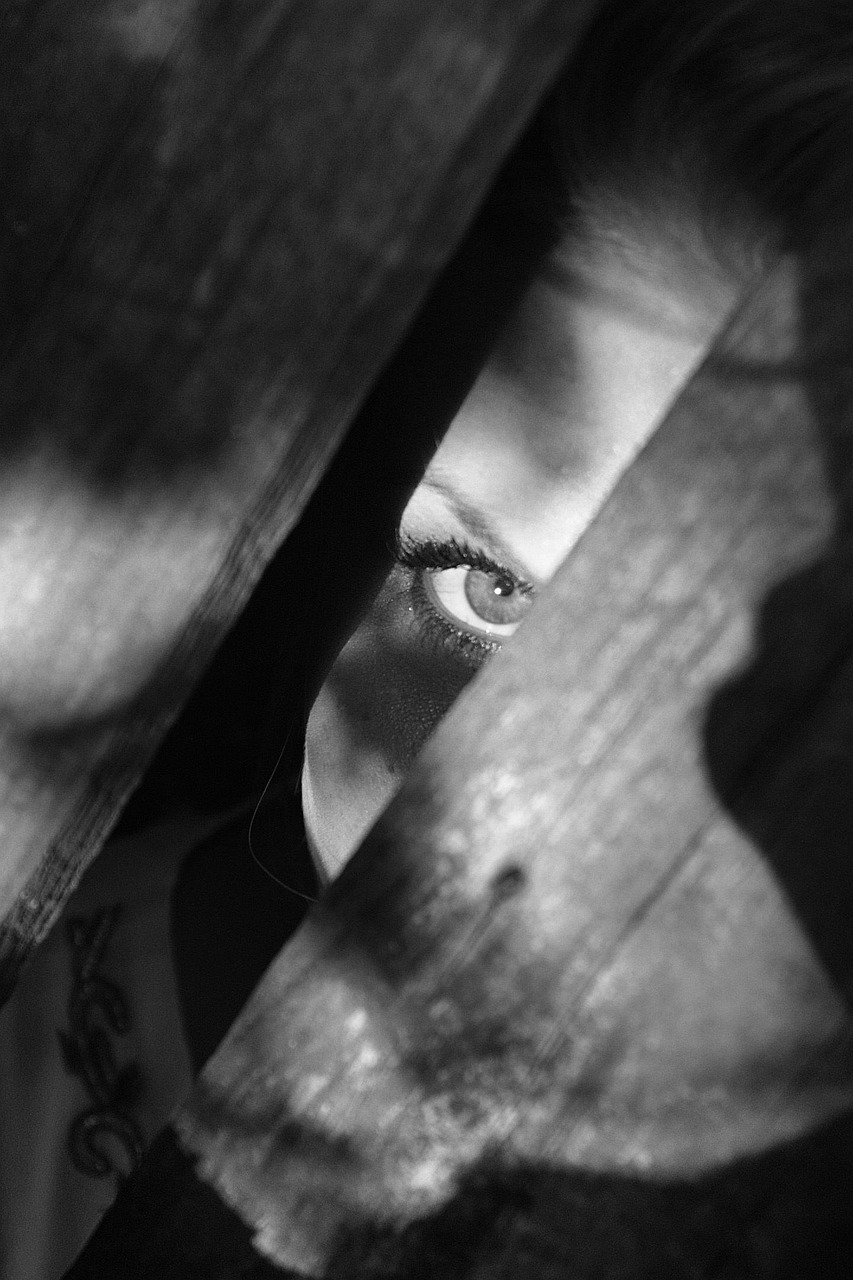
What Happens When a Child Fears an Abusive Parent
Parenting is one of the most significant responsibilities a person can undertake. A parent’s role is to nurture, protect, and guide their child, so what happens when a child fears an abusive parent? When a parent becomes a source of fear due to abusive behavior, it can profoundly impact a child’s emotional, psychological, and physical well-being.
The Immediate Impact of Fear
When a child fears an abusive parent, their sense of safety and security—which I believe is a fundamental need for healthy development—is shattered. This fear often manifests in various ways:
- Hypervigilance: A child may become overly alert and anxious, constantly anticipating the next instance of abuse. This state of hypervigilance can disrupt the ability to focus on school, friendships, or play. The most common times I experienced hypervigilance as a child were when my father was heavily drinking, we would be at a function or in town at the pub having dinner, and the hypervigilance tendencies would set in, especially once we got in the car to drive the 60-minute trip home. I will further explain this more in a future blog post.
- Withdrawal: A child may retreat into themselves, becoming quiet and reserved to avoid drawing attention or provoking further abuse. I learnt this at a very early age. If my father started yelling or was drunk, or my mum was crying and upset over something my father had done or said, I would withdraw from my parents and hide in my room or find somewhere outside to play quietly. As I got older, I would also take my siblings with me, reassuring them it everything was ok, and we just needed to be good and stay away from mum and dad for a little bit.
- Physical Symptoms: Chronic stress can lead to physical issues such as stomach aches, headaches, or sleep disturbances. When I was much older, in my teenage years, my mother was telling me how when I was little, my hair used to fall out in massive, big clumps, and I would have bald spots. She said the doctors told her it was stress, and she laughed and was like I don’t know what you were stressed about at the age of 3 or 4. But guess what? As I got older and understood more of what was happening in our household, and as I became an adult, I knew exactly what the stress was caused by: constant fear, anxiety, and walking on eggshells. This very day, at the age of 42, I still lose my hair when I am extremely stressed.
- Behavioural Changes: A child may act out aggressively, mimicking the abusive behaviour they experience or witness ( I believe this is my brother as he has become an adult – story for another day), while others may become overly compliant to please the abusive parent and avoid conflict, this was me and my sister as adults but more so my brother as a child.
The Long-Term Effects
I have learnt the hard way the long-term impact of growing up in fear of an abusive parent and how profound and far-reaching that fear extends. Studies show effects often extend into adulthood, shaping how individuals view themselves, others, and the world.
- Low Self-Esteem: Children who grow up with abusive parents often internalise negative messages about their worth, for example, constantly being criticised for basically anything they do or don’t do. As adults, this may show up as a struggle with self-doubt and feelings of inadequacy.
- Difficulty Forming Healthy Relationships: Fearful attachments to an abusive parent can distort a child’s understanding of love and trust, making it challenging to form healthy, secure relationships later in life. As an adult, it can damage your relationship with your children, your marriage and your friendships.
- Mental Health Issues: Anxiety, depression, post-traumatic stress disorder (PTSD), and other mental health challenges are common among those who grew up in abusive households. But no one understands it unless they have experienced it themselves. I know I constantly get “but that was in the past, why let it bother you now?”. My reply is because the mind and body don’t ever forget; it is learning how to cope and heal the emotions that come up that helps to move on.
- Intergenerational Cycle of Abuse: Without intervention, children who witness or experience abuse may unconsciously repeat these patterns in their relationships or parenting. This is what I like to call generational trauma, and trying to break the cycle is hard, but if we don’t start teaching our children or the adults in our lives, then nothing will ever change, and the cycle continues.
Speaking Out Against the Fears of an Abusive Parent
One of the most heartbreaking aspects of abuse is that children feel unable to speak out. They may:
- Fear retaliation from the abusive parent.
- Feel guilty or responsible for the abuse.
- Worry about breaking up their family or being separated from siblings.
- Doubt that anyone will believe or help them.
These are all things that would run through my mind as a child, even as a young adult, especially the fear of retaliation from my father. And as I think about it now as an adult, I know my extended family, teachers, neighbours, and family friends must have known what was going on in our home life, but no one, or so it appeared to me as a child, ever stepped in to help. It was a very lonely existence as a child to sit with the fear and anxiety daily.
A Call to Action
No child should have to live in fear of the very person meant to protect them or witness the persons who are meant to protect them being in an abusive relationship with one another. Addressing the issue of domestic violence/ parental abuse requires a collective effort from individuals, communities, and systems. By recognising the signs, offering support, and advocating for interventions, we can help children escape the cycle of fear and give them a chance to heal, thrive, and build a brighter future for themselves.
With love
A Child With a Voice





